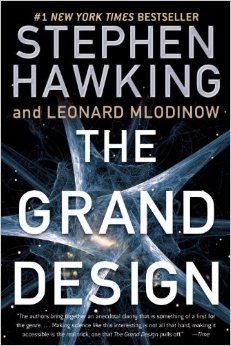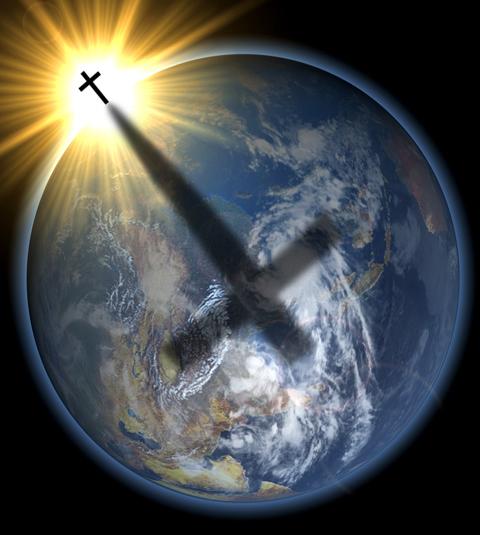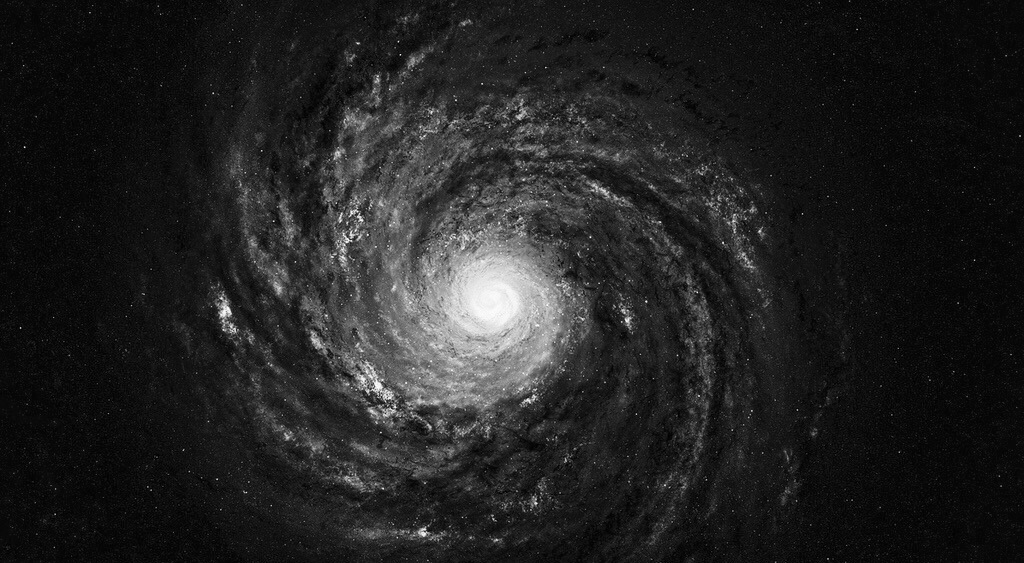Stephen Hawking, arguably the most famous living scientist in the world, now says that the intervention of a divine being in the creation of the universe is “not necessary.”
 Never mind that the title of his last book, “The Grand Design,” seems to contradict this assertion. What we have here is the failure to philosophize.
Never mind that the title of his last book, “The Grand Design,” seems to contradict this assertion. What we have here is the failure to philosophize.
In his 1988 book, “A Brief History of Time,” Hawking was widely seen to accept the role of God in the creation of the universe. In that book he wrote, “If we discover a complete theory, it would be the ultimate triumph of human reason – for then we should know the mind of God.”
He now intones, “It is not necessary to invoke God to light the blue touch paper and set the universe going.”
But it was never necessary for a thinking and feeling person to invoke a Creator to explain creation. So the question is, what does Stephen mean by God, and what do we?
This is the ultimate example of how the word is not the thing. The word “God” can stand for anything, with perhaps as many definitions as there are humans on earth. But is there an actuality, which the completely silent mind can directly commune?
Obviously I feel there is, since it’s one of the main themes of this column. But I’m not trying to convince anyone of it, simply saying: question, experiment and find out for yourself.
Refuting theism does not mean invoking concepts like pantheism and panentheism. Doing so prevents the experiencing of immanence. Conceptualizing has to completely cease for experiencing that which is called God.
Unwittingly, Hawking is making a case for how scientific discoveries and knowledge are compatible with a mystical understanding of God.
Science has been steadily undercutting the human projection of an all-knowing separate Creator, while making the miracle of intrinsic, ongoing creation more and more evident. There’s no need for a Creator standing apart and setting the whole shebang in motion (and occasionally intervening.)
On the other hand, Hawking’s view of the universe and human beings has unexamined philosophical assumptions woven into it. These can be seen when we unpack statements like:
“The fact that we human beings – who are ourselves mere collections of fundamental particles of nature – have been able to come this close to an understanding of the laws governing us and our universe is a great triumph.”
As many contributions as Stephen Hawking has made to science, the idea that human beings (and more to the point, the human brain) are “mere collections of fundamental particles” is, to my mind, a deeply mistaken view of the universe and the human being’s place in it.
It is mere reductionism, which is necessary for doing science, but represents the rejection of the human capacity for holistic perception, which is essential to being fully human.
It is also deeply anthropocentric, putting the human mind, with respect to reason and its capability for scientific knowledge, at the center of creation.
I’m not arguing for keeping some projection of God at the center of creation; I’m saying there is no center of creation.
There is ongoing creation however, and it is a mystery that science will never be able to encompass with knowledge, no matter how far science extends knowledge. Experiencing the numinous only takes place when the movement of knowledge and the known has ceased.
Hawking sets up a classic straw man when he says that the discovery, in 1992, of a planet orbiting a distant star was the first blow to Newton’s belief that the universe could not have arisen from chaos.
“That makes the coincidences of our planetary conditions – the single sun, the lucky combination of Earth-sun distance and solar mass – far less remarkable, and far less compelling as evidence that the Earth was carefully designed just to please us human beings,” he writes.
He’s not arguing against an immanent God in this revealing bit of diversion, but against the insight that there is no disorder or chaos in nature, because there is an underling order in the universe since the beginning of time.
Hawking is proffering the dogmatic atheist’s view that everything is randomness, and that chance can account for everything we see, everything we are, and everything we are capable of being.
That is simply false. It’s actually order all the way down, not chaos “evolving” into order, culminating in the human mind. That’s as anthropocentric in its own way as the Christian belief that the earth was made for man.
The universe wasn’t created out of chaos; indeed, it wasn’t “created” at all. There is no such thing as chaos, or disorder for that matter, except with man and creatures like him, wherever they may exist at our stage in the cosmos.
God is synonymous with the universe, as well as non-separatively beyond it. Evil has no supernatural aspect either (though, unlike the universe/God, is man-made).
This means God is a completely different actuality than Stephen Hawking or anyone can conceive or imagine.
Martin LeFevre

